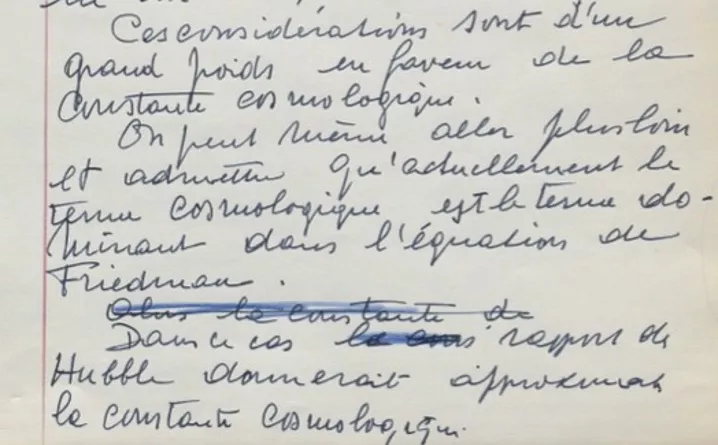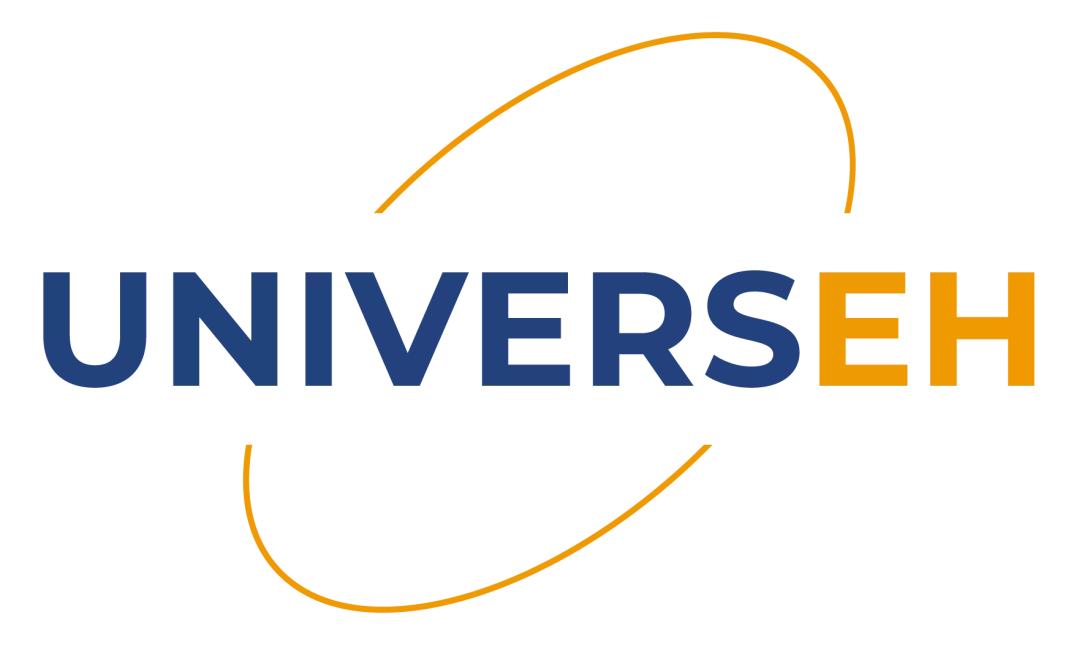At the University of Namur, Professor André Fuzfa is particularly involved in this project.
"The Namur cosmology team is working on the impact of dark energy on the formation of large cosmic structures, the effects of which the Euclid space telescope will track down by compiling a huge catalogue of distant galaxies", explains André Fuzfa, professor of cosmology at UNamur.
"We are also involved in disseminating knowledge about the mission. Professor Dominique Lambert is also a great specialist in the work of Georges Lemaître, who predicted the acceleration of the cosmological expansion, which is the central theme of the mission, before anyone else," adds André Fuzfa.

Georges Lemaître's handwritten notes from his last public lecture, on 23 June 1963, are preserved in the Moretus Plantin University Library of the UNamur BUMP (and can be accessed online).
ESA's Euclid space telescope
Euclid is a telescope of the European Space Agency (ESA) that aims to reveal the properties and nature of dark matter and dark energy, 95% of the content of the Universe. For the first time, Euclid will survey several billion galaxies. This unprecedentedly accurate mapping will help us to understand how the Universe has been structured, from the Big Bang to the present day.
To coincide with the launch at the beginning of July, the Belgian scientists involved in the Euclid mission are highlighting their contributions and research projects. Find out more!
The launch of Euclid by a Falcon 9 rocket is scheduled for 1 July at 17:11 (CEST) from Cape Canaveral.

UniversEH: new opportunities in the space sector
Since December 2022, the UNamur has been part of the European Space University for Earth and Humanity (UniversEH) alliance, which focuses on space. This is genuine recognition of the UNamur expertise in the field of space, and a gateway to new international collaboration in both teaching and research, in a field that is generating employment and socio-economic development.